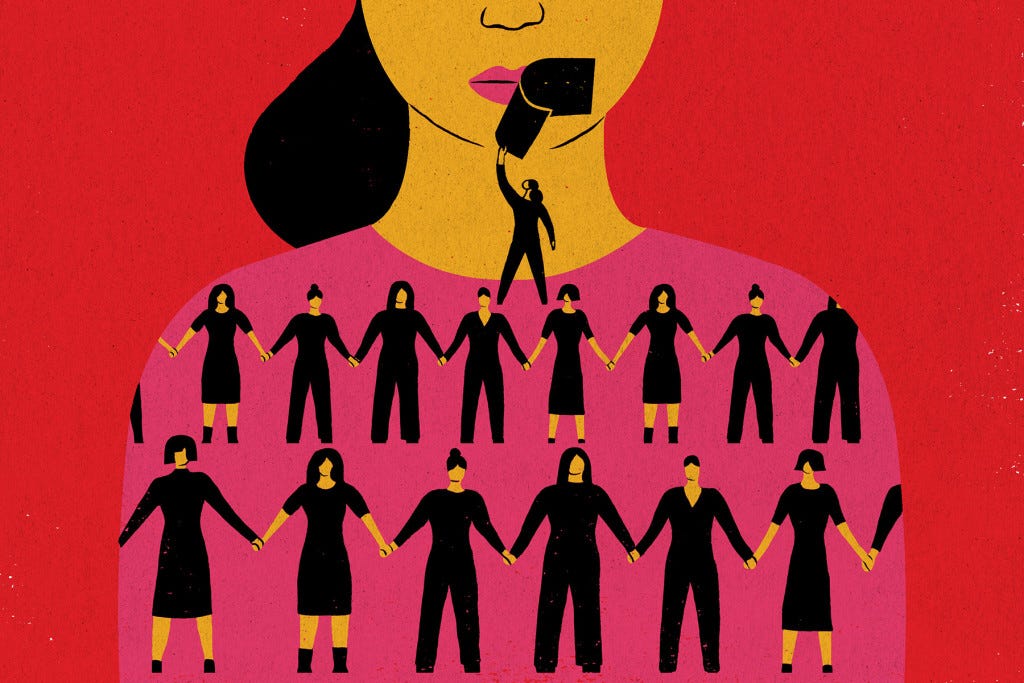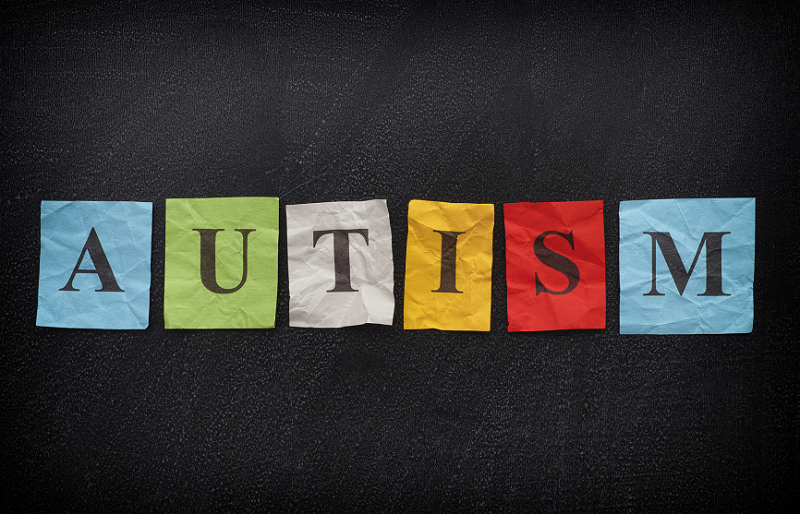Research Bulletin

Vol.2 | May 2023
The Jindal Institute of Behavioral Sciences (JIBS) research bulletin presents an overview of recent research published by the faculty and research scholars at JIBS organized under different themes
Dr. Shilpa Bandyopadhyay

Successful Aging in the Indian Socio-cultural Milieu
Using face-to face interviews and focus group discussions, this study aimed to examine subjective perceptions of successful aging. Reflexive thematic analysis indicated the emergence of four themes, namely, successful aging as personal well-being, tensions between agency and fatalism, linked lives, and the social and built environment. Further, eight sub-themes emerged within these four themes. The study shines a light on culture-specific factors that shape successful aging in an Indian context. Read More
Dr. Sudha Shashwati

Exploring the Dynamics of Negotiating Everyday Sexism in India: A Daily Diary Study
This study examines how college going young adult women in India navigate everyday sexism in an urban context. Fifty-eight women from a central University in Delhi filled out an open-ended daily diary form. Data were analyzed using content analysis and focused on target and type of sexism and response to the sexist incident. Findings indicated that majority chose inaction (53%) while the rest chose to confront sexism (47%). When confrontation was chosen, collective confrontation was chosen, and confronting sexism within the family context as compared with strangers was reported as more difficult. Read More
Dr. Neha Khetrapal

Emotional language impairments in autism, In: Language and Emotion: An International Handbook, Vol 3
This chapter addresses a gap in the research literature on autism that extensively examines how facial expressions of emotions are expressed in autism. This chapter highlights how individuals with autism process emotion words. Further, a discussion of research findings shows that while according to behavioural findings, individuals are able to correctly identify basic emotion words, according to neuroimaging data, participants with autism were unable to activate either motor or limbic systems when compared to their typical counterparts. Read More
Faculty Coordinators: Ms. Bhavya Tandon & Dr. Sucharita Belavadi, JIBS
